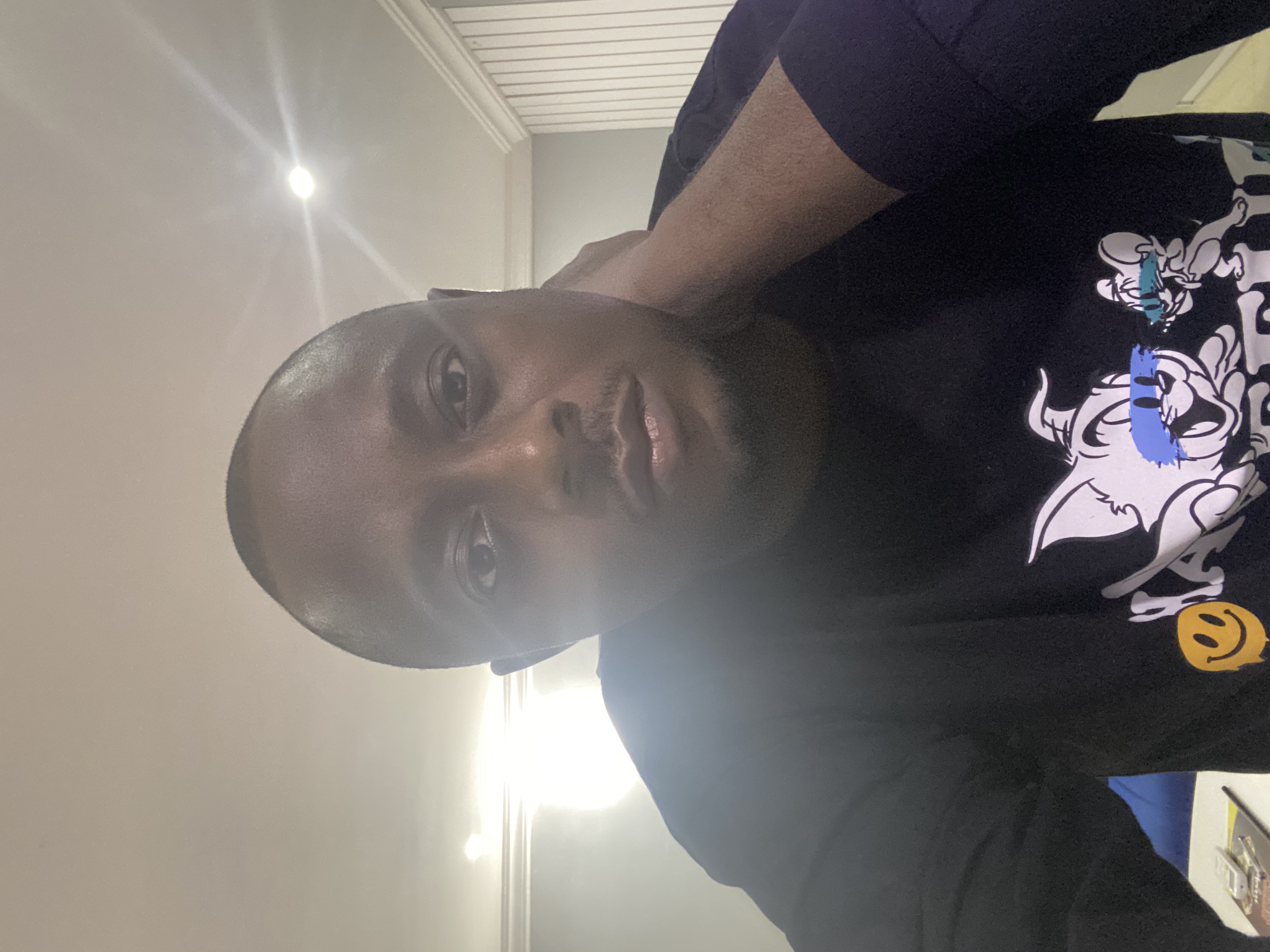Connecting Memories: Enhancing Learning and Recall
 Ogunuyo Ogheneruemu B
Ogunuyo Ogheneruemu B
In the ever-evolving landscape of knowledge and information, our ability to learn and recall is crucial. One effective way to solidify learning is by connecting new information to existing knowledge or experiences. This not only reinforces our understanding but also builds relationships between ideas, enhancing recall. Here are some strategies to help connect memories and boost your learning capabilities.
1. Association
Association is a powerful memory tool. By relating new information to something you already know or find meaningful, you create a mental link. This could be as simple as connecting a new name to a familiar face or relating a new concept to a past experience. For example, if you're learning about photosynthesis, you might associate it with the feeling of warmth from the sun on a summer day.
2. Visualization
Creating mental images helps encode information and connect it to existing memories. Visualization can be particularly effective for complex information. For instance, when trying to remember the process of mitosis, you could visualize the cell dividing and the chromosomes aligning, splitting, and forming new cells.
3. Repetition
Repetition is key to reinforcing connections. By repeatedly exposing yourself to new information or experiences, you strengthen the neural pathways associated with that knowledge. This could involve revisiting notes, practicing skills, or engaging in discussions about the topic.
4. Emotional Connection
Linking memories to emotions or personal experiences makes them more memorable. Emotions add depth to our memories, making them easier to recall. For example, remembering a heartfelt story about a historical event can make the details of that event stick in your mind.
5. Storytelling
Storytelling weaves new information into narratives, connecting it to existing knowledge and experiences. This method can turn abstract concepts into relatable stories. For instance, explaining the journey of a water molecule through the water cycle as a story can make the concept more engaging and memorable.
6. Mnemonics
Mnemonics use acronyms, rhymes, or other memory aids to connect new information to existing memories. Classic examples include using the acronym HOMES to remember the Great Lakes (Huron, Ontario, Michigan, Erie, Superior) or the rhyme "i before e, except after c."
7. Reflection
Regularly reviewing and reflecting on new information and experiences helps connect them to existing knowledge. Reflection can involve discussing what you've learned with others, writing summaries, or simply thinking about how the new information fits into your current understanding.
8. Interleaving
Interleaving involves mixing different types of information or skills to build a web of knowledge. Instead of focusing on one topic at a time, interleave related topics to see connections and reinforce learning. For instance, studying different types of art movements in one session can help you see the evolution and influence of styles over time.
9. Self-Reflection
Connecting new information to your personal goals, values, or beliefs makes it more relevant and memorable. Self-reflection can involve considering how the new knowledge impacts your personal or professional life, or how it aligns with your long-term goals.
10. Practice
Engaging in activities that promote neural connections, such as reading, problem-solving, or creative pursuits, helps reinforce learning. Practicing what you've learned in different contexts solidifies the connections and enhances recall. For example, if you're learning a new language, practicing speaking, writing, and listening in that language will reinforce your skills.
Conclusion
By using these strategies, you can strengthen connections between memories and improve your ability to learn, remember, and recall information. Whether you're a student, a professional, or a lifelong learner, these techniques can help you retain new knowledge more effectively. Start integrating these practices into your learning routine and experience the benefits of a more connected and enriched memory!
Subscribe to my newsletter
Read articles from Ogunuyo Ogheneruemu B directly inside your inbox. Subscribe to the newsletter, and don't miss out.
Written by

Ogunuyo Ogheneruemu B
Ogunuyo Ogheneruemu B
I'm Ogunuyo Ogheneruemu Brown, a senior software developer. I specialize in DApp apps, fintech solutions, nursing web apps, fitness platforms, and e-commerce systems. Throughout my career, I've delivered successful projects, showcasing strong technical skills and problem-solving abilities. I create secure and user-friendly fintech innovations. Outside work, I enjoy coding, swimming, and playing football. I'm an avid reader and fitness enthusiast. Music inspires me. I'm committed to continuous growth and creating impactful software solutions. Let's connect and collaborate to make a lasting impact in software development.